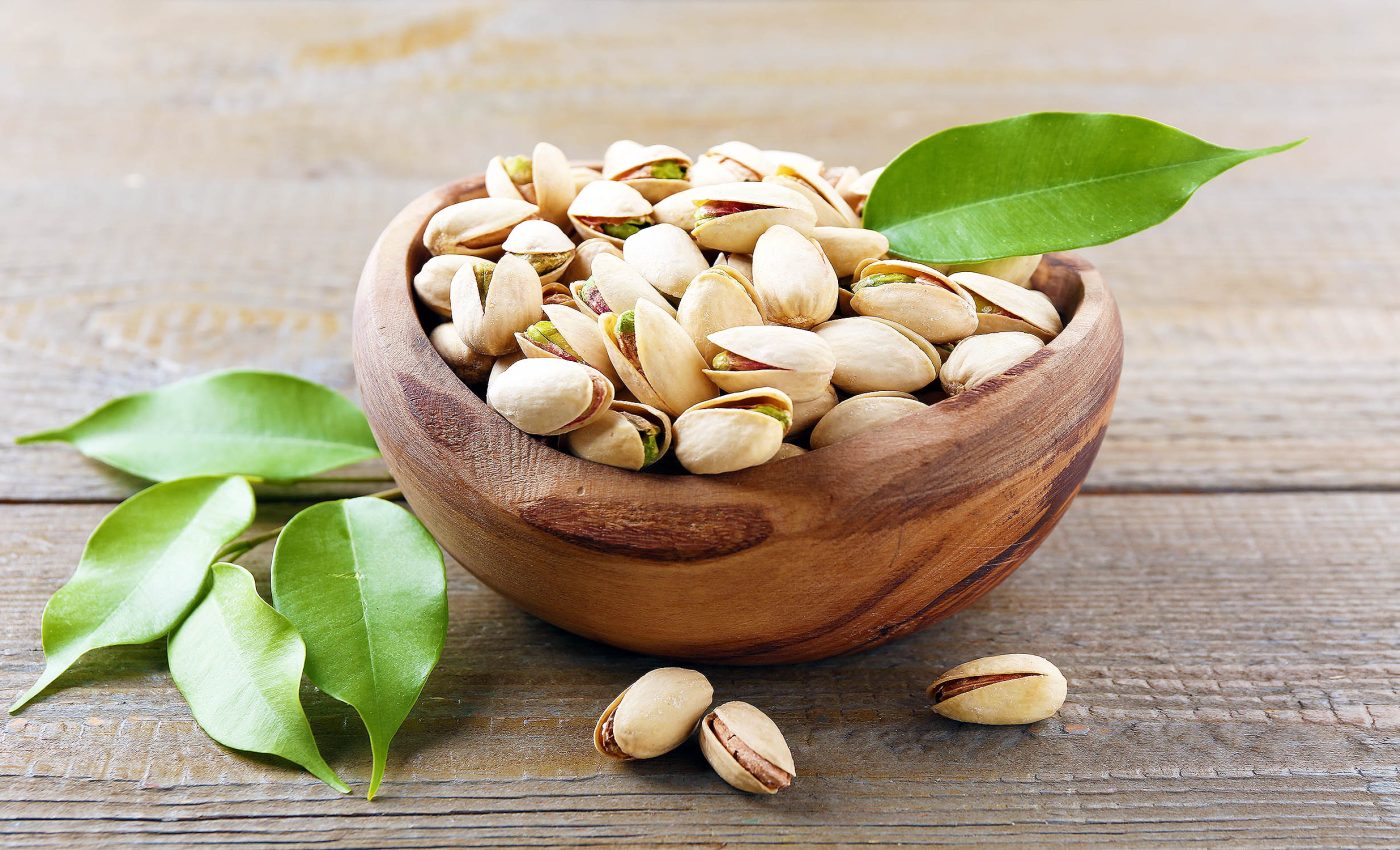
Eating pistachios daily proven to boost eyesight and overall health
The pistachio is often a snack mindlessly munched on while watching TV. The nut has a new trick up its shell causing scientists to see it in a new light. A recent study revealed an impressive new feature of this petite powerhouse. Pistachios may support and enhance vision and overall eye health.
Pistachios and eyes
Researchers from the Friedman School of Nutrition Science and Policy at Tufts University discovered these tasty nuts contain lutein, a plant pigment that benefits the eyes.
The study pinpointed that a daily helping of pistachios significantly impacts macular pigment optical density (MPOD), a key factor in eye health.
Do eyes need lutein? The short answer is, yes. Eyes are exposed to harsh visible light and need lutein to guard against potential damage, particularly during aging.
Crunchy findings
The Tufts’ study took healthy middle-aged to older adults and added 2 ounces (about 56.7 grams) of pistachios to their daily diet.
After 12 weeks, the pistachios significantly bumped up MPOD. This is a positive sign of healthy eyes and could reduce the risk of age-related macular degeneration (AMD).
AMD is a common ailment for many older adults and leads to significant vision loss.
Many people grapple with numerous health concerns as they age. A national poll by the American Foundation for the Blind showed Americans dread vision loss. These results might provide a new ray of hope.
Pistachios improve eye health
Once a person cracks open a pistachio, they unlock numerous benefits. Study participants saw a noticeable rise in MPOD levels in just 6 weeks of pistachio consumption.
These benefits stayed throughout the 12-week study.
“Our findings indicate that pistachios are not only a nutritious snack, but they may also provide significant benefits for eye health,” said Dr. Tammy Scott, a research and clinical neuropsychologist and lead author of the study.
“This is especially important as people age and face higher risks of vision impairment.”
Lutein: Eye’s best friend
Lutein in pistachios defends eyes. It wards off harmful blue light and doubles as an antioxidant.
Researchers found that eating pistachios nearly doubled the daily intake of lutein, which is generally low in most American diets.
Scott explained the participants who had low lutein saw a quick enhancement in their blood lutein levels in six weeks by adding 2 ounces of pistachios to their diet daily.
“By simply incorporating a handful of pistachios into your diet, you can improve your intake of lutein, which is crucial for protecting your eyes,” Scott said.
This dietary adjustment provided a crucial boost to eye health.
Brilliance of pistachios
Pistachios are good for the eyes and packed with nutrients that support overall health.
They are rich in protein, healthy fats, and vitamins like Vitamin E, magnesium, and potassium, making them a great snack for vegetarians and vegans.
The healthy fats improve cholesterol levels and support heart health. Pistachios have a low glycemic index and are a smart choice for those watching their sugar intake.
Sustainability and pistachios
Pistachios are not only nutritious but also environmentally friendly. They need less water than other nuts and thrive in dry climates, reducing the need for irrigation.
Pistachio orchards also support biodiversity by promoting diverse ecosystems. Pistachios are a great superfood choice for consumers who want to make sustainable dietary decisions.
Pistachios beyond the eyes
While researchers celebrate the vision-enhancing capacities of lutein in the study from Tufts University, it also has broader health benefits.
“Lutein crosses the blood-brain barrier, where it may help reduce oxidative stress and inflammation,” said Dr. Elizabeth Johnson, a co-investigator in the study.
Studies suggest higher lutein levels could be linked to better cognitive abilities including memory and processing speed.
Next time someone reaches out for a snack, they should give that bag of pistachios a second glance. These nuts could do more for overall health than people realize.
This includes bolstering vision and supporting brain health and makes pistachios a valuable addition to a healthy lifestyle.
The study is published in the Journal of Nutrition.
—–
Like what you read? Subscribe to our newsletter for engaging articles, exclusive content, and the latest updates.
Check us out on EarthSnap, a free app brought to you by Eric Ralls and Earth.com.
—–













